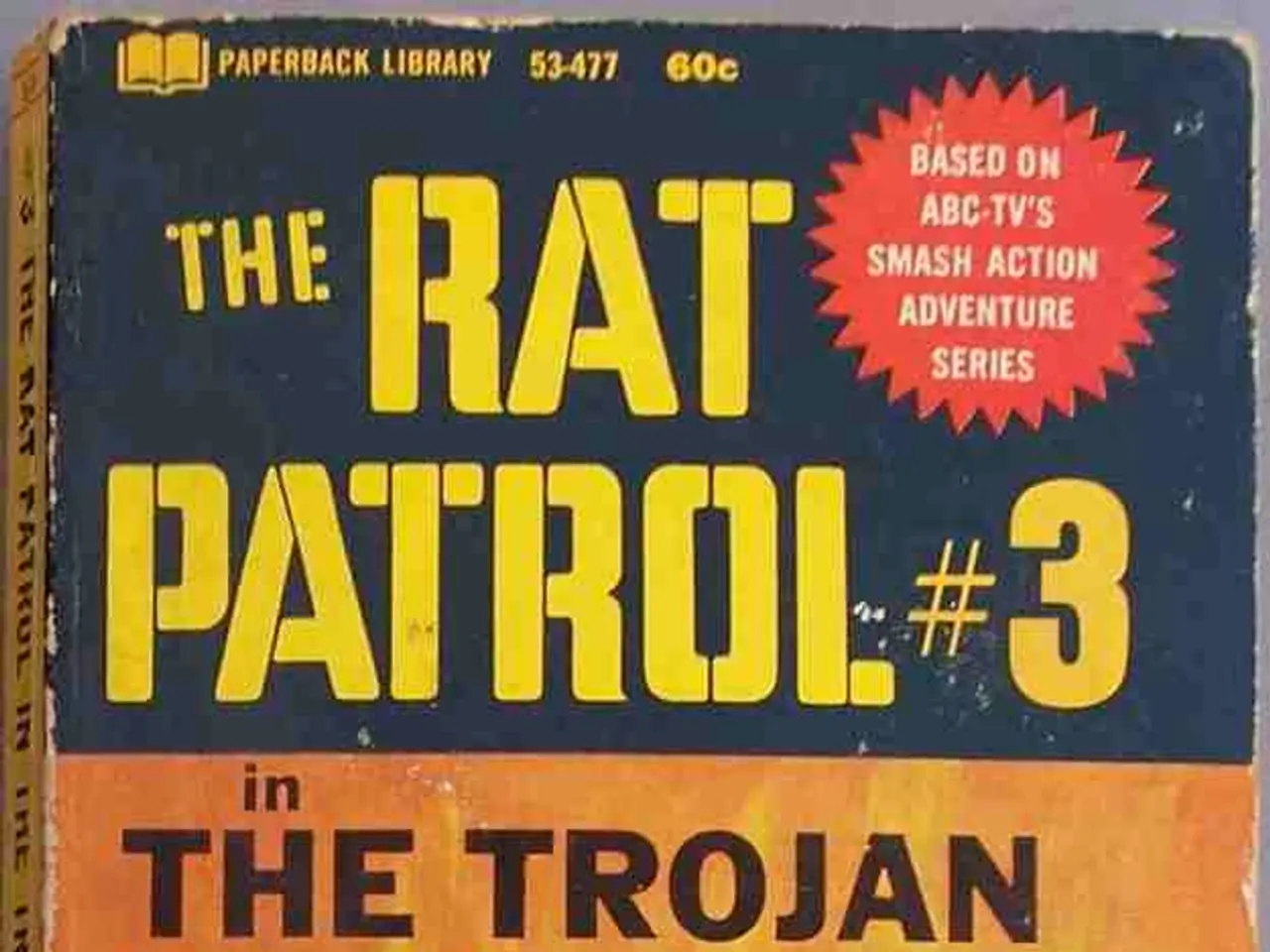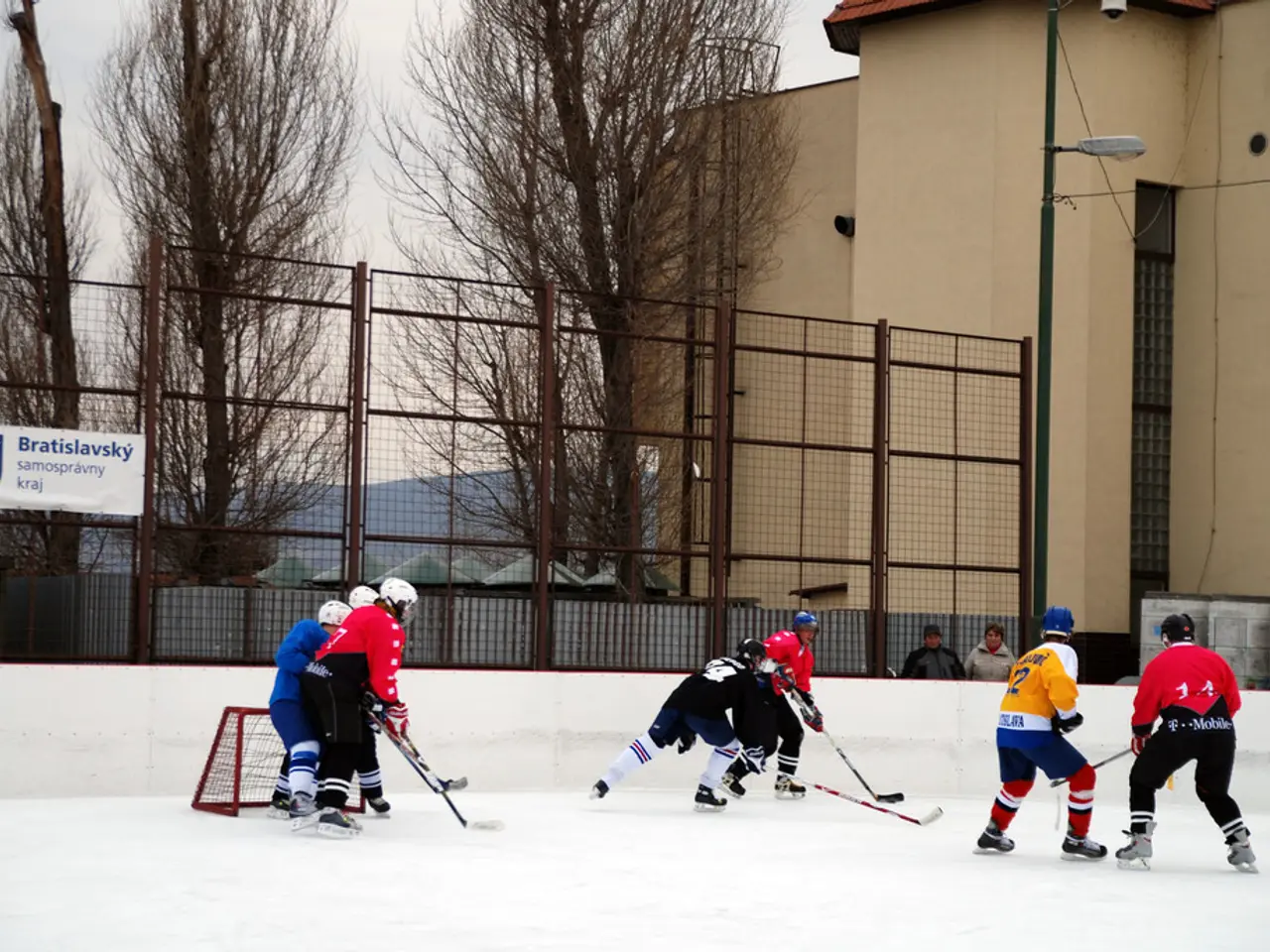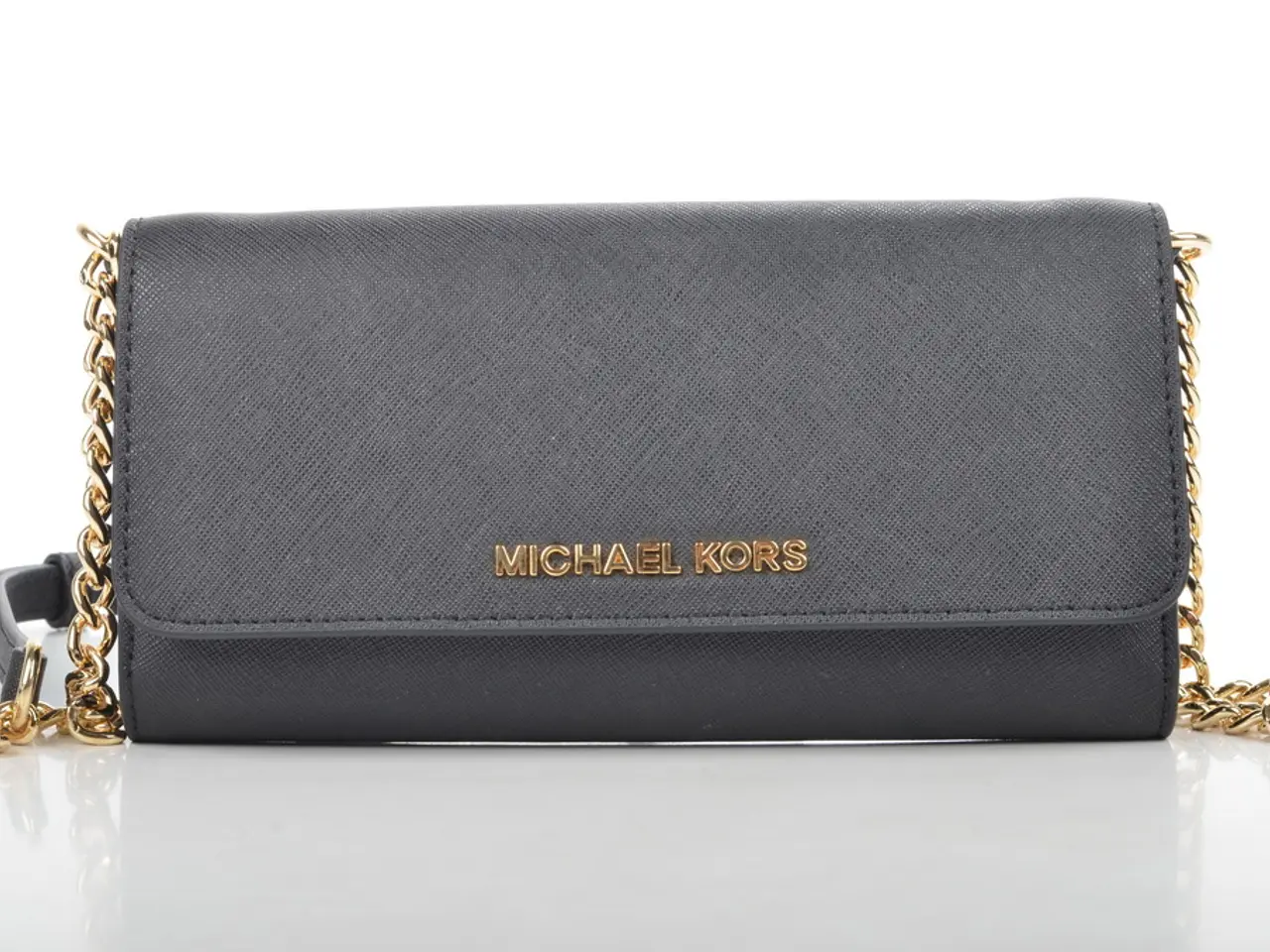Increased Scrutiny on Widespread Imports of High-Resistance Construction Steel by the Ministry of Industry and Trade
### Title: Rising Imports of Wide-Format Hot-Rolled Coil Steel in Vietnam Spark Concerns Over Fair Trade Practices
In the first half of 2025, Vietnam has seen a significant surge in imports of hot-rolled coil (HRC) steel, particularly from China. This increase, which is approximately 15 times higher than the first half of 2024, has raised concerns about potential tax evasion, undermining the domestic industry, and state revenues.
#### Reasons for the Increase
The rise in HRC imports can be attributed to a combination of factors. The competitive prices of Chinese HRC steel, compared to imports from other countries such as South Korea, make it an attractive choice for Vietnamese importers. Additionally, the rapid growth in construction and manufacturing sectors in Vietnam has increased the demand for steel products, leading to higher imports.
However, there are suspicions that some importers may be exploiting a loophole by misclassifying the specifications of wide-format HRC steel to bypass anti-dumping duties. This practice, if true, could be a significant concern for the Vietnamese economy.
#### Implications
The massive influx of cheap imports, especially from China, poses a threat to the competitiveness of domestic Vietnamese steel producers. This could lead to revenue loss, as misclassification and tax evasion could result in substantial losses to the state budget, estimated to be around USD 90 million.
Moreover, the surge undermines trade safeguard measures and anti-dumping regulations introduced to protect domestic industries.
#### Regulatory Responses
In response to these concerns, the Ministry of Industry and Trade (MoIT) has ordered stricter customs checks on HRC imports wider than 1,880mm. This move is aimed at combating suspected tax evasion and misclassification practices.
Additionally, Vietnam has imposed anti-dumping duties ranging from 23.1% to 27.8% on certain Chinese hot-rolled steel products to protect domestic production. Plans are also underway to review and strengthen inspection procedures and product classification standards to prevent misclassification practices.
The MoIT's request for intensified inspections suggests a concern about potential tax evasion and misreporting of specifications in HRC steel imports. The misclassification of imported steel could severely weaken the effectiveness of Vietnam's anti-dumping framework.
In June 2025, Vietnam imported approximately 215,000 tonnes of wide-format HRC, a 26-fold increase from the same period in 2024 when imports were 8,000 tonnes. This surge can be attributed to a tax policy change in February 2025 that exempts coils wider than 1,880mm from provisional anti-dumping duties.
As the situation continues to evolve, it is crucial for authorities to ensure fair trade practices and protect the interests of both importers and domestic producers.
- The concerns over fair trade practices in Vietnam's steel imports have extended to the use of artificial intelligence, as there are suspicions that some importers might be exploiting a loophole by using AI to misclassify the specifications of wide-format HRC steel.
- In addition to the threat posed to the competitiveness of domestic steel producers, the surge in imports could potentially impact Vietnam's international trade relations, especially in sectors like sports and entertainment, if other countries perceive unfair trade practices.
- The weather patterns in Vietnam, particularly weather events like storms and flooding, could exacerbate the impact of unfair trade practices on the domestic steel industry, as these events often increase the demand for steel in post-disaster reconstruction and recovery efforts.








